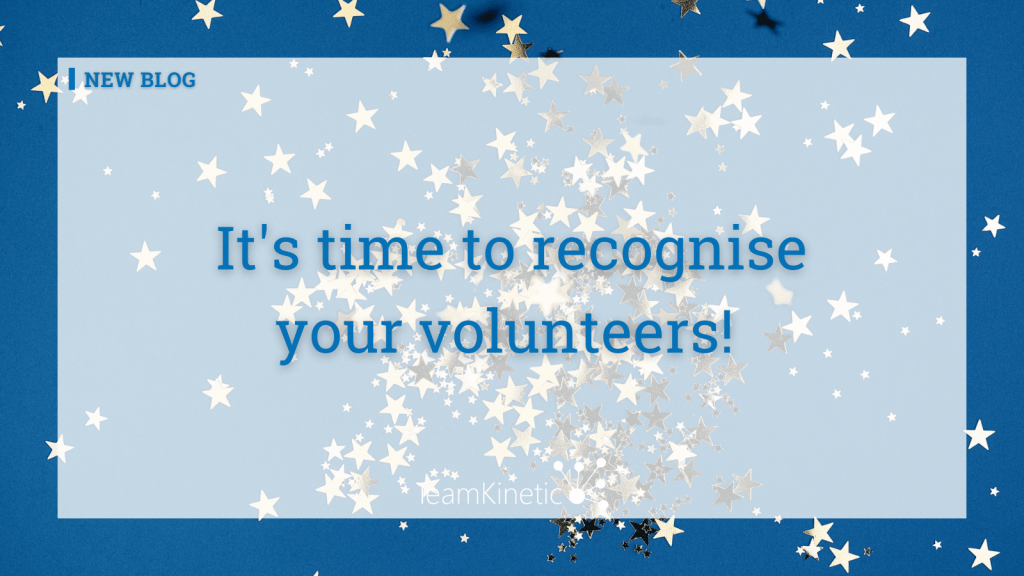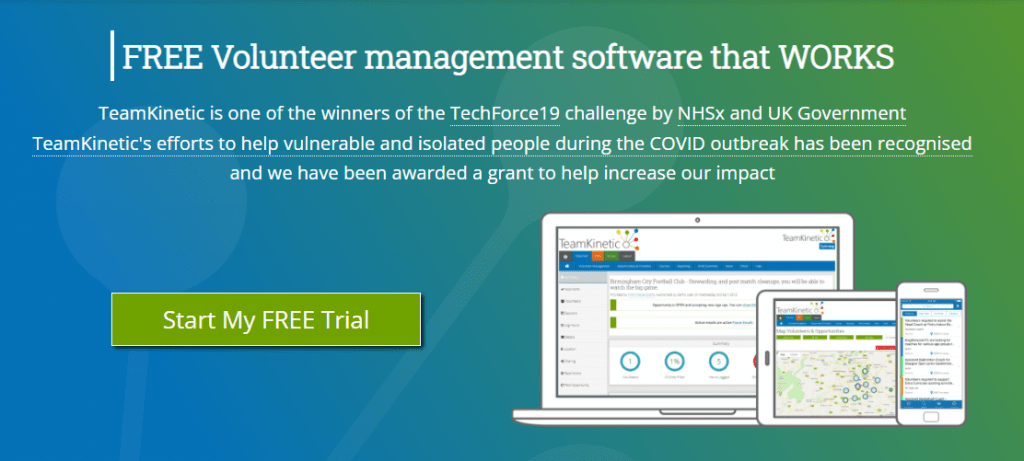
Today is the day! The beginning of Volunteers’ Week is here (in the UK). Are you ready to celebrate your volunteers and the impact they’ve made?
We know how important volunteers are to organisations across the UK – Volunteers’ Week is a time to show your gratitude. This year Volunteers’ Week crosses over with the #MonthofCommunity, have you thought about the ways you can incorporate your community in your celebrations?
Celebrate the achievements.
The main focus is to celebrate your volunteers and their hard work, but it can be a time to raise awareness of the benefits. This goes for those volunteering and those whose volunteering efforts have helped.
Benefits for volunteers include connecting with others, increasing a volunteer’s social skills and making new friends. Volunteering can also help a volunteer’s mind – mental health is important and becoming a volunteer can help this. For those looking to advance their career, volunteering is a brilliant way to gain develop skills to help with this.
There are a plethora of benefits to volunteering; Volunteers’ Week can show those on the fence that volunteering really is one of the most rewarding things you can do.
Celebrate your volunteers’ impact.
Show your volunteers just how much they have helped your organisation- show them the numbers (so to speak!) People are much more likely to start volunteering, or get up and volunteer again if they’re able to see first-hand the impact they can/are making.
Letting a volunteer know what they’re impact is can be the greatest way that volunteers are celebrated this week. While there are many ways you can measure the impact a volunteer has made, just by simply letting them know about the difference they’ve made can raise spirits.
We know for many organisations they rely solely on volunteers to run- without them, what are organisations supposed to do? Keeping volunteers onboard is crucial, and Volunteers’ Week can help you keep them closer than ever.
What are you waiting for?
Why don’t you combine Volunteers’ Week, the #MonthofCommunity and the Queen’s Diamond Jubilee? Celebrate all three at the Big Jubilee lunch tomorrow – a day of milestones for many. Whichever way you decide to thank your volunteers over the next week- let us know! Tweet us over at @TeamKineticUK or find us on Facebook and Instagram under the same name- we want to hear from you!



















